‘Anything is possible under the sun’. ‘Death is the only truth in the universe’. Does this two proverb not enough to create confusion! If except for death there is nothing true, then all other seemingly true actions or decisions are just not right. In management classes, gurus teach there is no right answer but a best option. The same holds true in medicine. While making decisions for our patients, we follow the evidences rather than our gut feelings. Evidence based medicine has helped refined our decision making process. However it is must to understand that these guidelines require some criteria to be met and is not applicable without their limitations. As an example, in our population, follow-up of patients is very poor. If they feel better on medications, for them they are cured and such make it difficult for us to wait and watch as watching is an attempt of monitored treatment and not a final treatment in itself.
These limitations can also be on the part of health providers, for which second opinion on one’s disease seem justified. Say the expert may have less expertise on a certain condition or the treatment facility may not have all of the options available for the treatment. Lately medical sector in Nepal has seen a boon in facilities and expertise. Doctors who are getting trained in higher specialities outside the country, rather than staying abroad are coming back to serve their people. This has bring in lot of faces and options. With increase in connectivity and affordable travel, Nepalese have access for treatment, not available in the past. This has bring to forefront lot of issues with second opinions. Lately we have seen and read many articles in media blaming one doctor or a facility of wrong doing due to failure to understand the complexities involved in taking and understanding second opinion. Doctors due to their pledge of professional secrecy are not allowed to publicly write justifications. These unclarified reports create lot of misconceptions in the public. Here comes the role of media to clarify and write sensibly, which I see is improving gradually.
Doctors who are approached for a second opinion should consider it both an honour and a challenge to give an unbiased decision not forgetting the fact that options are served according to the facilities one has in his dispense. It would be best if both the doctors can discuss the same with each other to decide on one’s treatment plan and patients, rather than trying to test the expertise of one doctor over the other encourage the doctors to discuss and decide unanimously based on evidences and experience.
We have seen many cases in which second opinion had been given in a very casual manner as only reports rather than the patient himself, was evaluated by the doctor causing differences in opinion and utter confusion. Moreover in the phase of denial, patients have the tendency to accept which is less invasive and frightening. This can only delay treatment and cause more harm. Treatment planning is not like electing a democratic government where what two out of three doctors would say is the right answer! While patients decide for himself it is also important for the family members to sit with the patient and discuss all possible scenarios, as lot of failure of communication has been seen due to family members not sharing informations provided to them by the doctors, when they are individually discussing with the health team.
Personally there has been many instances where such open discussions have helped patients. One of my patient got operated in Delhi by a senior doctor, he later presented after 4 weeks in unconscious state. This was due to air getting collected within the operated cavity in the brain. Air from the nose seemed to have leaked through the floor of the cavity. As his condition was serious, on the permission with the patient’s family I discussed his condition with the primary treating doctor in Delhi and got him operated here. It is so fulfilling to see him healthy on his regular visits. The other patient who got his brain tumour removed in Hyderabad (reported as low grade tumor) returned with a big recurrence as his tumor changed its grade (nature) within a very short time. He was operated after his case was discussed with the primary doctor and sent for subsequent stereotactic radio surgery (as the facility is not available in Nepal) along with the biopsy samples which the primary doctors could also see.
Such harmony in treatment planning and cohesiveness is possible, lest both the patients and the doctors communicate their plans and reservations and encourage discussions. Discussions do not mean defamation or depreciation. First the prejudice that doctor’s ego would be hurt in asking them questions or asking for second opinion from another doctor, should not keep patients from putting forward their thoughts. Second it is very important for all to understand that doctor-patient relationship is not like of buyer and seller but of a bond against the disease and not against a person.
Take home message
- Never think that doctor’s ego would be hurt in asking them questions
- Giving second opinion is both an honour and a challenge
- All possible options including discussing with the primary doctor is a must before final conclusion
- All second opinions should be recorded
- Doctor patient relationship is a bond against the disease and not against a person
(Dr. Amit Thapa is head of department, Neurosurgery at Kathmandu Medical College and Chairman of Neurosciences in Grande International Hospital)


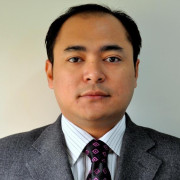







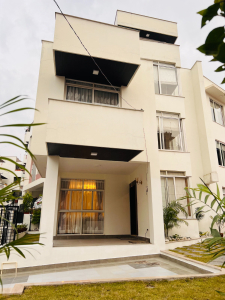
%20-%20Copy.jpg)

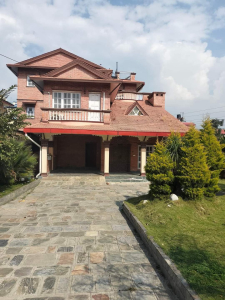

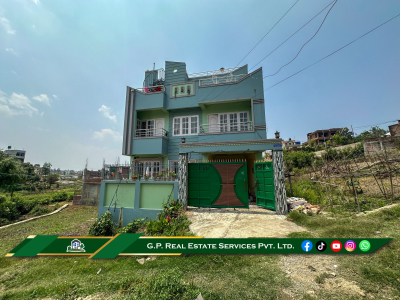
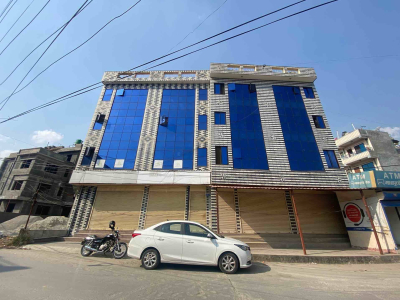
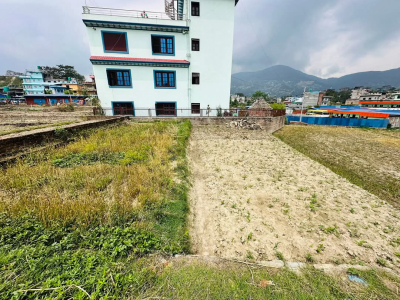
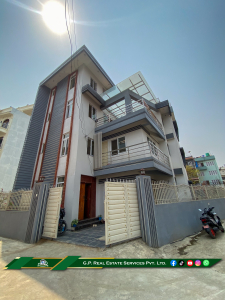
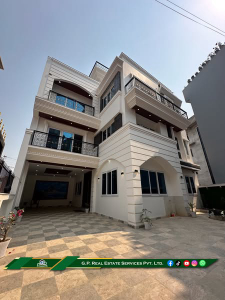
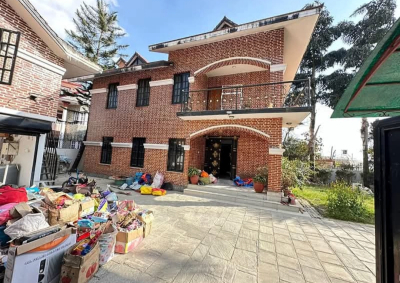
.jpg)
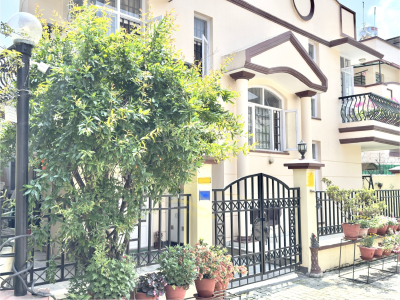
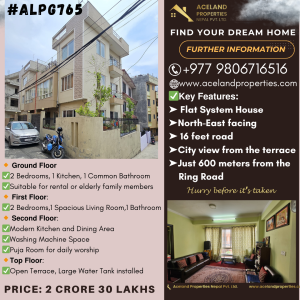
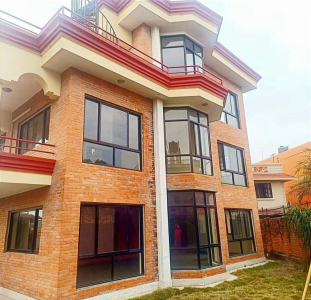

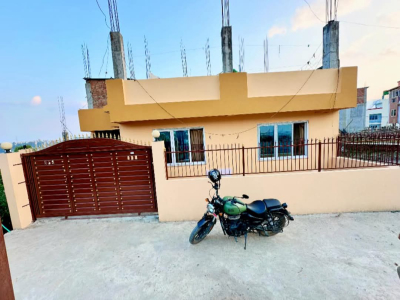

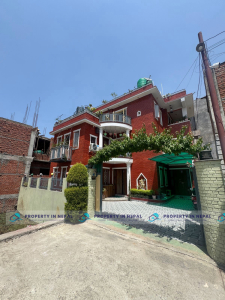
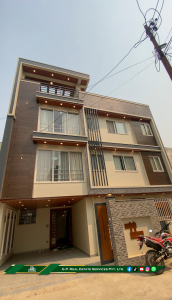
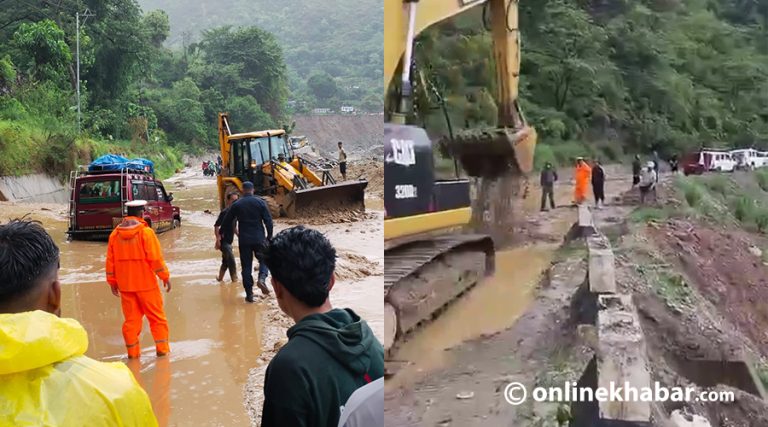
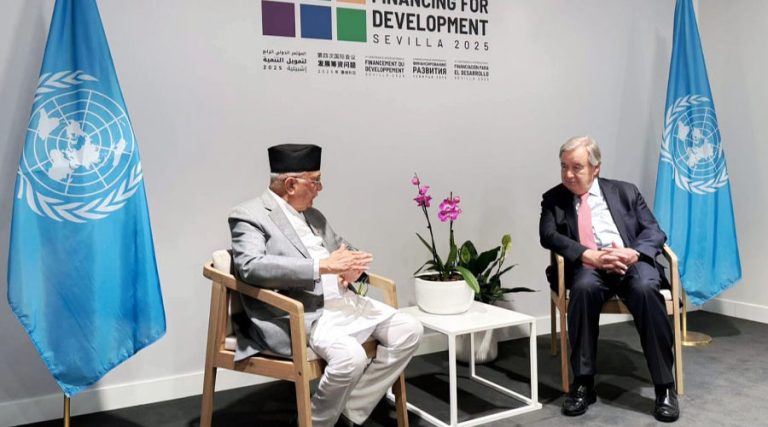
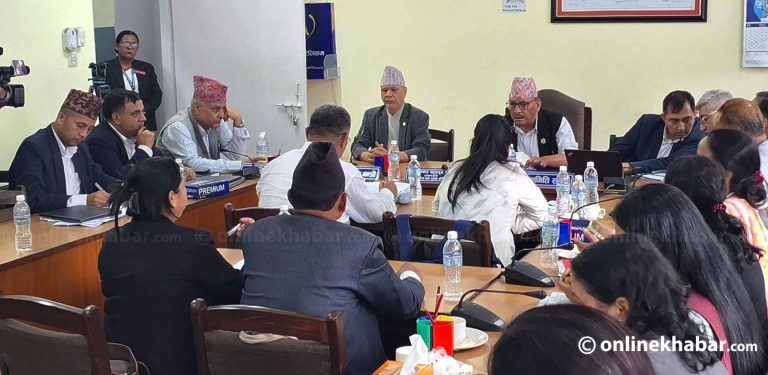

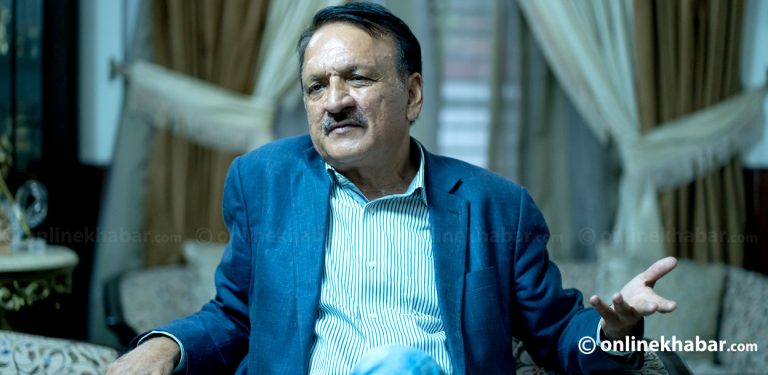

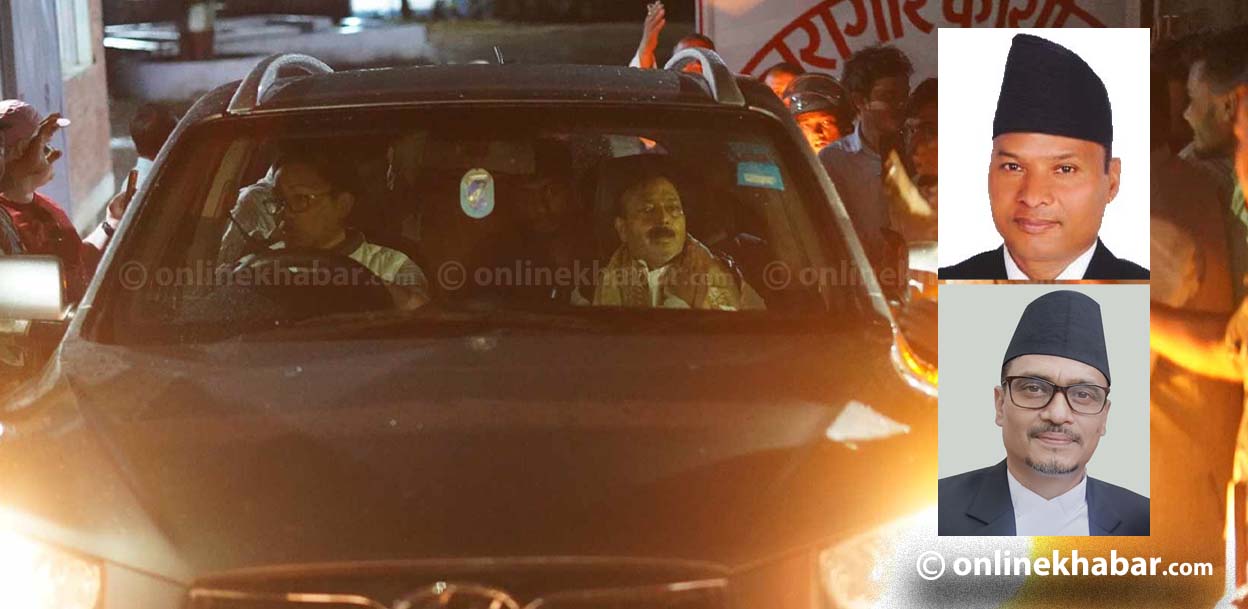
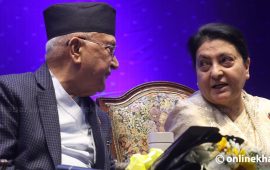
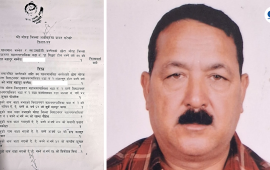

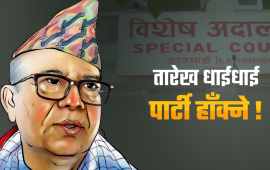

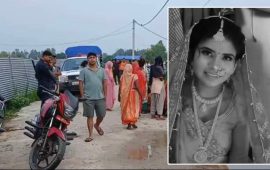


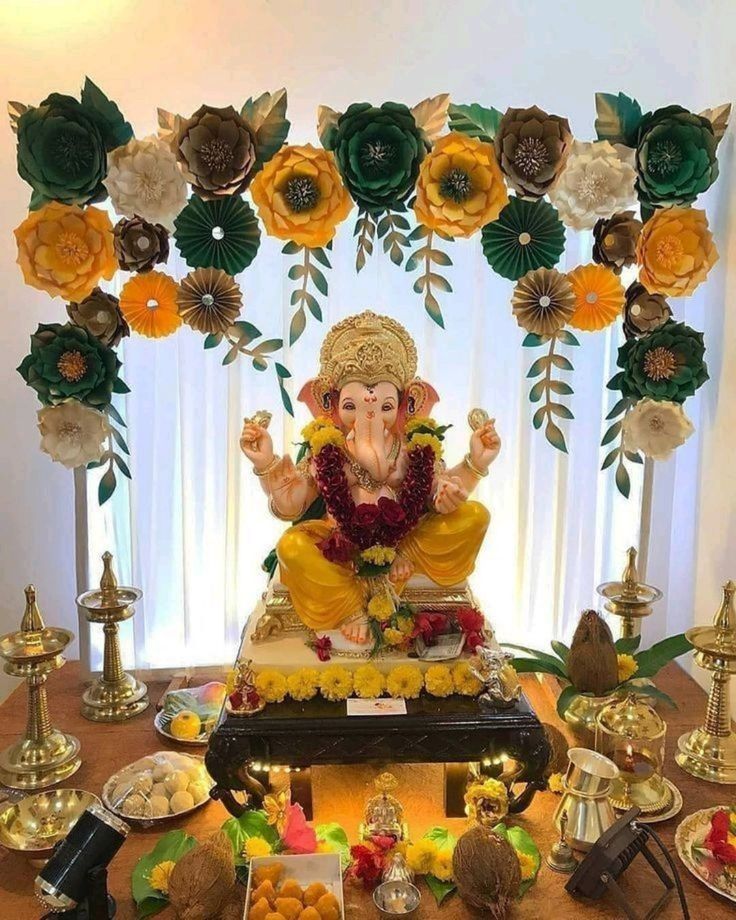




प्रतिक्रिया 4